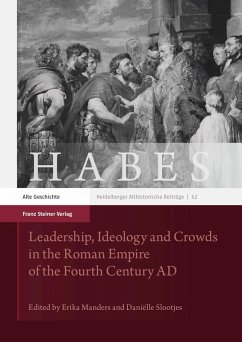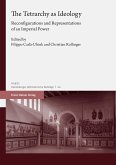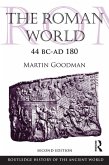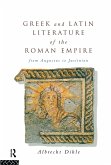This e-book focuses on the functioning of Roman leadership in the period of the Tetrarchs to Theodosius (284-395). Our volume starts from the idea that the imperial and ecclesiastical administrations became interdependent in this period and thus presents an integrated approach of imperial and religious leadership. As the spread of ideology plays a key role in creating societal consensus and thus in wielding power successfully, the volume analyses both types of leadership from an ideological angle. It examines the communicative strategies employed by Roman emperors and bishops through analyzing the ideological messages that were disseminated by a variety of media: coins, architectural monuments, literary and legal texts. The central question of this volume is how, in a period in which an important shift took place in the power balance between church and state, emperors and bishops made use of ideology to bind people to them and thus to interact with their 'crowds', whether they be the inhabitants of the city of Rome or Constantinople, the subjects of the Empire at large or the members of the various religious communities.
Dieser Download kann aus rechtlichen Gründen nur mit Rechnungsadresse in A, B, BG, CY, CZ, D, DK, EW, E, FIN, F, GR, HR, H, IRL, I, LT, L, LR, M, NL, PL, P, R, S, SLO, SK ausgeliefert werden.









